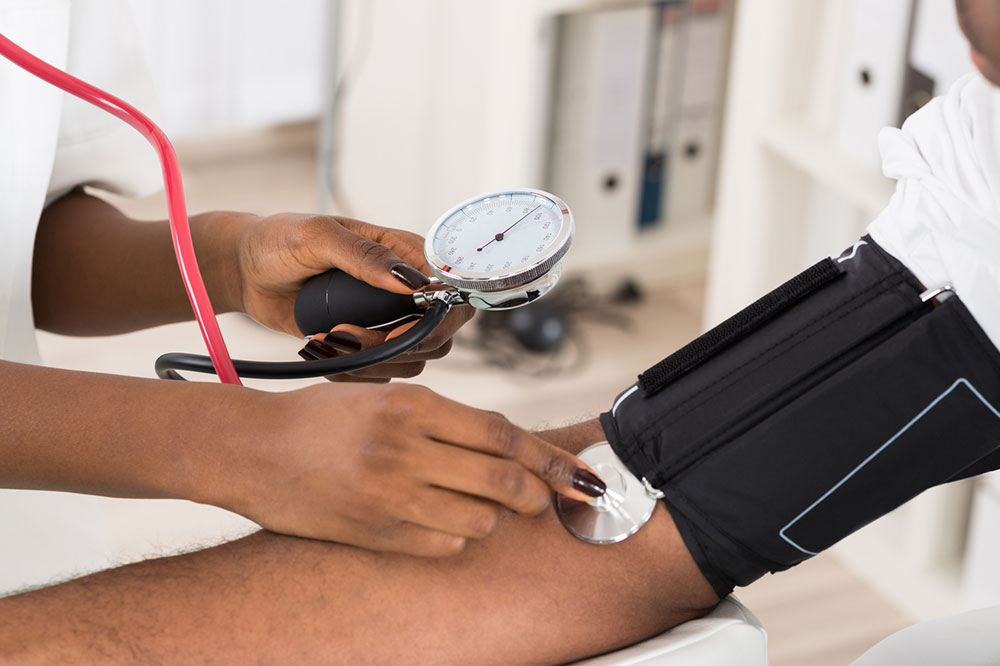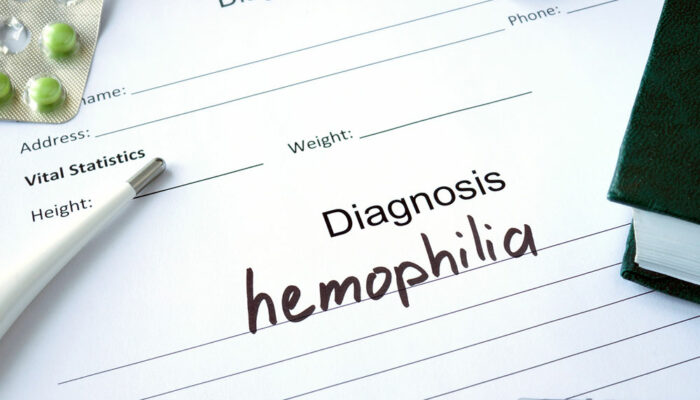
5 Lesser-Known Symptoms of PAH
Pulmonary arterial hypertension (PAH) is a condition that may not show any symptoms or early warning signs until the disease has progressed to its advanced stages. While it is common to experience lung disease-like symptoms, such as asthma, there are also some lesser-known symptoms of PAH that often go unnoticed. If anyone experiences a combination of the symptoms, consider meeting the doctor immediately.
1. Fainting
Pulmonary arterial hypertension can cause irregular heartbeats, also known as arrhythmia. It is also responsible for heart palpitations that can often lead to fainting. Also known as syncope, this could cause one to faint, worsening the left side of the heart. Fainting or dizziness causes shortness of breath that often leaves one feeling weak. Not being able to breathe can deplete the levels of oxygen in the body, impacting its ability to function.
2. Dizziness and tiredness
Dizziness can often result due to blood pressure medications, but it is not caused due to high blood pressure. However, it should not be ignored, especially if one starts to feel dizzy suddenly. When the lungs don’t get enough blood, it is unable to send the required amount of oxygen to the brain. In turn, the body is unable to perform optimally. As a result, one may feel tired more quickly. If one feels lightheaded or dizzy after physical exertion or exercise, it is advised to schedule an appointment with the doctor immediately.
3. Swelling in the legs or ankles
PAH can lead to edema or swelling in the ankles. Swelling usually occurs when the kidneys are not able to excrete waste from the body. The longer one suffers from PAH, the more likely the body will retain fluid.
4. Blue skin and lips
The main function of the heart is to pump oxygenated red blood cells that supply the body. This helps the organs perform all the necessary functions. However, when the supply of oxygen is insufficient due to PAH, the organs do not receive the oxygen it requires. As a result, the skin and lips turn bluish; this condition is known as cyanosis.
5. Chest pain and irregular heartbeat
When the heart experiences a surge in pressure, it makes the muscles work harder than they should. Over some time, the muscles start growing weak. As a result, the heart becomes frail and is unable to beat the way it did. Ultimately, it can cause irregular heartbeat, racing pulse, or palpitations. At the same time, the spike in blood pressure in the heart and arteries can lead to chest pain. An overworked heart leads to chest pains.
If one experiences one or more of these lesser-known symptoms of PAH, then schedule a visit to the doctor immediately.



